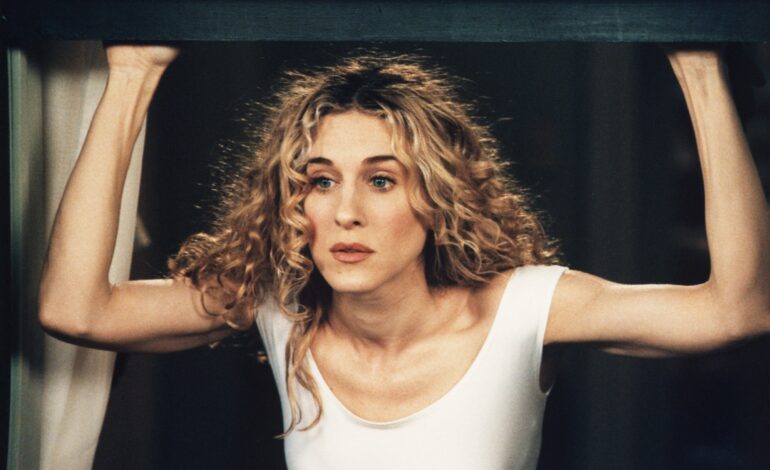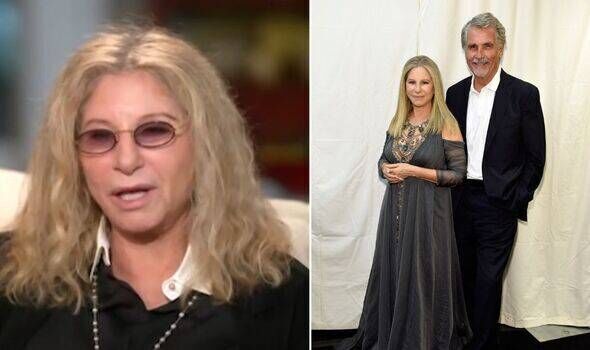Why Are Female TV Protagonists Criticized More Than Men?

The portrayal of female protagonists in television series has sparked significant debate, particularly regarding the harsher scrutiny they face compared to their male counterparts. Recent discussions have highlighted this disparity, focusing on iconic characters such as Carrie Bradshaw from Sex and the City and Hannah Horvath from Girls. Both characters have faced intense criticism for their flaws, prompting questions about societal expectations of women in media.
In a conversation with The Huffington Post in June, Sarah Jessica Parker defended her character, arguing that Carrie is “an extraordinarily decent and good person.” She pointed out the hypocrisy in how male characters can exhibit extreme behavior without facing similar backlash. Parker noted that while audiences often celebrate male leads who engage in morally questionable actions, female protagonists receive a punitive response for their mistakes. “If a woman has an affair or behaves poorly… there’s a kind of punitive response to it,” she stated.
The analysis does not stop at individual characters. Amelia Ritthaler, host of the “Girls Rewatch Podcast,” echoed these sentiments, recalling the negative reactions to Hannah and her friend Marnie. Ritthaler remarked that, upon the original airing of Girls, many viewers expressed a desire for the characters to “die,” while male antiheroes like Tony Soprano from The Sopranos were often viewed through a sympathetic lens. Lena Dunham, the creator of Girls, emphasized this disparity, highlighting how one mistake by a female character could lead to severe condemnation, while male characters are often excused for their actions.
The contrasting reactions can be attributed to deeper societal biases. Shawn French, founder and host of the podcast “The Determined Society,” explained that male protagonists are frequently viewed as “antiheroes,” with audiences conditioned to accept their flaws as complex character traits. In contrast, when women display similar imperfections, they are often labeled as “unlikable.” French noted that many still unconsciously expect female characters to embody aspirational qualities, leading to heightened criticism when they do not conform to these ideals.
This phenomenon continues to manifest in contemporary series as well. After episodes of The Summer I Turned Pretty and Emily in Paris aired, social media erupted with harsh critiques of the female leads, further illustrating the ongoing issue. French argued that allowing female characters the same freedom to be flawed and authentic as their male counterparts enriches storytelling. “Women don’t need to be perfect to be worth watching,” he stated, emphasizing that this shift could lead to more relatable narratives.
The discourse surrounding female protagonists is not merely about entertainment; it reflects broader societal attitudes toward women in leadership and representation. As audiences continue to engage with these characters, the hope is that a more balanced perspective will emerge, allowing for a deeper understanding of women’s experiences in both fiction and reality. By embracing the complexities of female characters, viewers can appreciate the richness of their stories, ultimately benefiting from a more nuanced representation in television.





